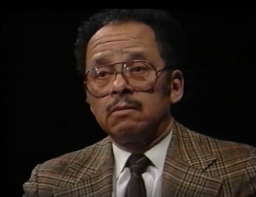<< Previous | Displaying results 501-510 of 571 for "" | Next >>
-
Olympic athlete John Woodruff describes his tactics for winning the 800-meter race
Oral HistoryOlympic athlete John Woodruff describes his tactics for winning the 800-meter race
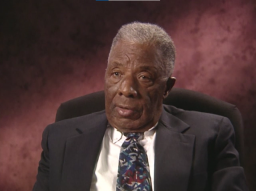
-
Olympic athlete John Woodruff describes his experiences of discrimination
Oral HistoryIn 1936, John Woodruff was one of 18 African Americans on the US Olympic team competing in Berlin. He won the gold medal for the men's 800-meter race. In this clip from an interview on May 15, 1996, Woodruff describes his personal experiences of racial discrimination during and after the Olympic Games of 1936.
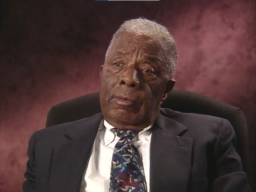
-
Leo Diamantstein describes Nazi marches and the Hitler Youth
Oral HistoryJoseph Leo Diamantstein was born in Heidelberg, Germany, on December 1, 1924, to Jewish parents. He was the youngest of four children. His family experienced antisemitism in Frankfurt, and ultimately decided to leave Germany. Beginning in 1933, the Hitler Youth and the League of German Girls had an important role to play in the new Nazi regime. Through these organizations, the Nazi regime planned to indoctrinate young people with Nazi ideology. This was part of the process of Nazifying German…
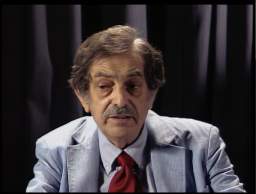
-
Herbert Oppenheimer describes activities of the Hitler Youth
Oral HistoryHerbert Oppenheimer was born on January 4, 1926, in Berlin, Germany. He lived with foster parents, who were Seventh-Day Adventists. While living with his foster parents, he had to join Hitler Youth along with everyone else in his class at school. During this time, he learned that he was Jewish. The school consequently expelled him from the Hitler Youth. All prospective members of the Hitler Youth had to be "Aryans." He had to leave his foster parents in April 1939, and lived in an orphanage run by the…
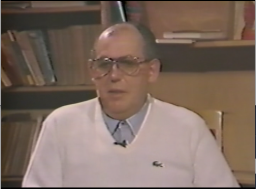
-
Guy Stern describes losing a friend to membership in the Hitler Youth
Oral HistoryGuy Stern was born on January 14, 1922, in Hildesheim, Germany, into a Jewish family. As a child, he attended a German school, where he had many non-Jewish friends. Beginning in 1933, the Hitler Youth and the League of German Girls had an important role to play in the new Nazi regime. Through these organizations, the Nazi regime planned to indoctrinate young people with Nazi ideology. This was part of the process of Nazifying German society. The aim of this process was to dismantle existing social…
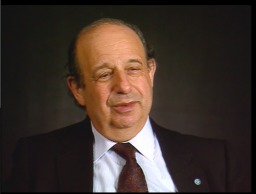
-
Agnes Allison describes the Hitler Youth movement at her school
Oral HistoryAgnes Allison (née Agnes Suzannah Halàsz) was born on October 28, 1926, in Budapest, Hungary, to Ilona Gero and Robert Halász. She had a younger sister, Judy. Agnes attended a private German school established for the children of diplomats. There was a Hitler Youth movement at the school. Agnes and her family were forced out of their home following the German occupation of Hungary. She went into hiding in December 1944. Beginning in 1933, the Hitler Youth and the League of German Girls had an…
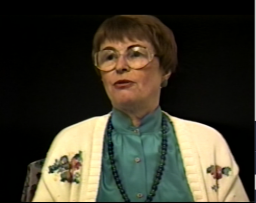
-
Leon Bass describes his experience as a Black soldier
Oral HistoryLeon Bass was born in Philadelphia, PA in 1925. He joined the US Army in 1943 and served as a member of the all-Black 183rd Engineer Combat Battalion attached to General Patton's Third Army. Leon's unit was involved in the Battle of the Bulge as well as the liberation of Buchenwald. After the war, Leon went on to receive his doctorate, teach, and speak about the Holocaust and racism. In this interview, Leon describes the his frustration with the discord between the United State's condemnation of Nazi…
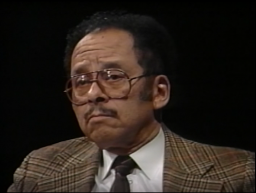
-
Leon Bass describes his wartime experiences
Oral HistoryLeon Bass was born in Philadelphia, PA in 1925. He joined the US Army in 1943 and served as a member of the all-Black 183rd Engineer Combat Battalion attached to General Patton's Third Army. Leon's unit was involved in the Battle of the Bulge as well as the liberation of Buchenwald. After the war, Leon went on to receive his doctorate, teach, and speak about the Holocaust and racism. In this interview, Leon describes his first experiences with the realities of war and death. He reflects upon his…
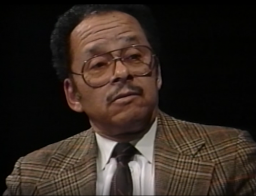
-
Leon Bass describes his feelings about joining the US Army
Oral HistoryLeon Bass was born in Philadelphia, PA in 1925. He joined the US Army in 1943 and served as a member of the all-Black 183rd Engineer Combat Battalion attached to General Patton's Third Army. Leon's unit was involved in the Battle of the Bulge as well as the liberation of Buchenwald. After the war, Leon went on to receive his doctorate, teach, and speak about the Holocaust and racism. In this interview, Leon describes the racism and segregation he faced in the United States during the 1940s and how it…
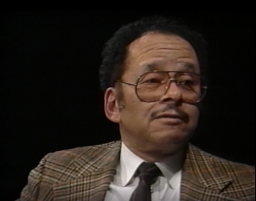
-
Leon Bass describes his knowledge of Nazi camps during and after World War II
Oral HistoryLeon Bass was born in Philadelphia, PA in 1925. He joined the US Army in 1943 and served as a member of the all-Black 183rd Engineer Combat Battalion attached to General Patton's Third Army. Leon's unit was involved in the Battle of the Bulge as well as the liberation of Buchenwald. After the war, Leon went on to receive his doctorate, teach, and speak about the Holocaust and racism. In this interview, Leon describes what he knew about Nazi concentration camps and the Holocaust during and after…
